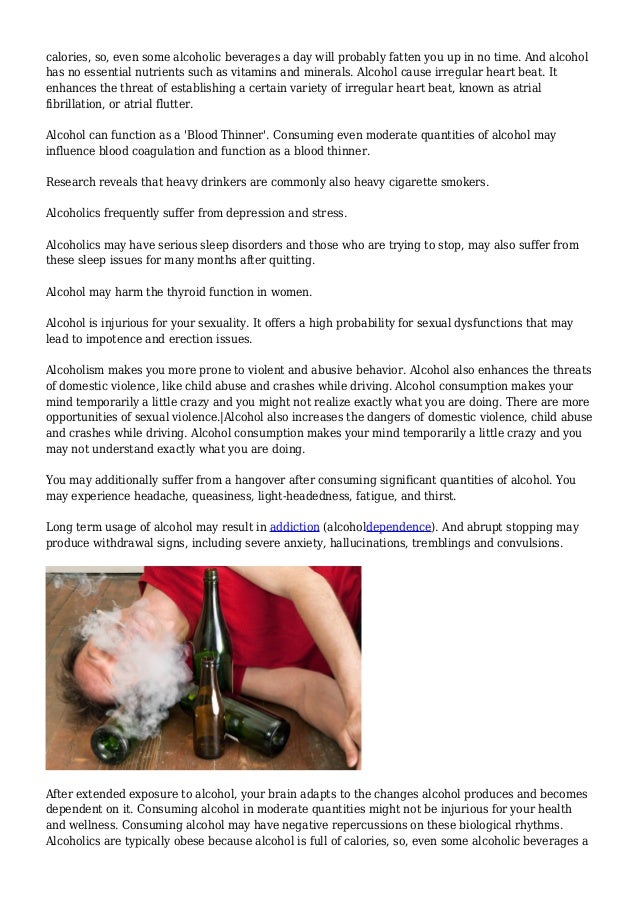


Perhaps it will inspire you to try your hand at taking a month off (or more!) yourself. This year, I did the same, and learned once again that all you have to do is start a friendly alcohol-free suggestion among fellow triathletes - a competitive group if there ever was one - to realize that there’s actually quite a bit of passion behind the topic.īelow is some of the feedback I received from athletes who took part, at various points, in the process. In it, I challenged readers to join me in giving up alcohol for an entire month. Feedback From Our Drynuary ExperimentĪ few years ago, I wrote a piece for IRONMAN titled, The Case for a Dry January. For some of you, this means picking a date well before your “A” race to harness the enormous desire you have to meet a certain race goal and change your relationship with alcohol as a step towards it. While I’m certainly no expert in complete sobriety, as a 30-plus-year triathlete, I do know a bit about motivation. My point in all of this? If your goal is big enough and important enough to you, then so will be your desire to achieve it. There is an important distinction to be made between excess and moderation but again, each of us must find the elusive line for ourselves. “The research typically reports that limited intake based on weight has no negative effect on health or performance,” says notable triathlon coach and author Joe Friel. There is, after all, widespread research on the health benefits of a daily single glass of red wine. While some of these studies were conducted with relatively high consumption rates (upward of three pints of beer and four glasses of wine daily), it should be noted that there are many of us who enjoy a single glass of wine or a beer or two and are thus affected to a lesser degree. Moderate Alcohol Consumption Isn’t So Bad All these factors do not for a PR-year make. Noted nutritionist and sport scientist Asker Jeukendrup has reported that excess consumption is also associated with impaired recovery and lower power output the following morning. This can have serious implications for recovery and the ability to handle high loads of training. One of them is a multiple IRONMAN finisher who lives in my town: “Every Friday, I’ll down two or three scotch and sodas, and I doubt I could stop,” he admitted to me recently.īierer goes on to state that alcohol disrupts healthy sleep cycles so that when we do sleep, we don’t do so as efficiently. report habits that classify them as “heavy drinkers.” Physician and author Michael Bierer, MD of the Harvard Medical School writes on The Harvard Health Blog that “people who exercise more also tend to drink more alcohol.” The National Institute of Health reports that 28% of adults in the U.S. In hindsight, I’m positive it was those weekend binges that derailed my Kona dreams yet again.” It could have made the difference between my actual 180-pound race weight and my ideal 165-pound race weight. “Last year I missed a Kona spot by one place and wonder what would have been had I made better choices in regards to my alcohol consumption throughout the year (12 to 20 craft beers almost every single weekend).“Somehow I managed to put on 30 pounds since IRONMAN Louisville-a lot of which can be blamed on beer and wine.”.Just a few of these concerns are illustrated by the following quotes from athletes just like you and I: One thing I have learned is that more athletes than you think have an uneasy relationship with alcohol. We range from a little worried that our consumption isn’t the healthiest thing we could be doing, to wondering if it might be hindering our performance. I hoped to respond to them with first-hand experience coupled with medical expertise, and so I targeted another “Drynuary” experiment (no alcohol whatsoever between January 1 and January 31). More specifically, their comments about how alcohol was possibly affecting their performance/weight/mood, etc. In the closing months of 2017, I began collecting their comments about alcohol. I come in contact with a lot of athletes through my writing, teaching and coaching and the various triathlon forums I’m a part of.


 0 kommentar(er)
0 kommentar(er)
